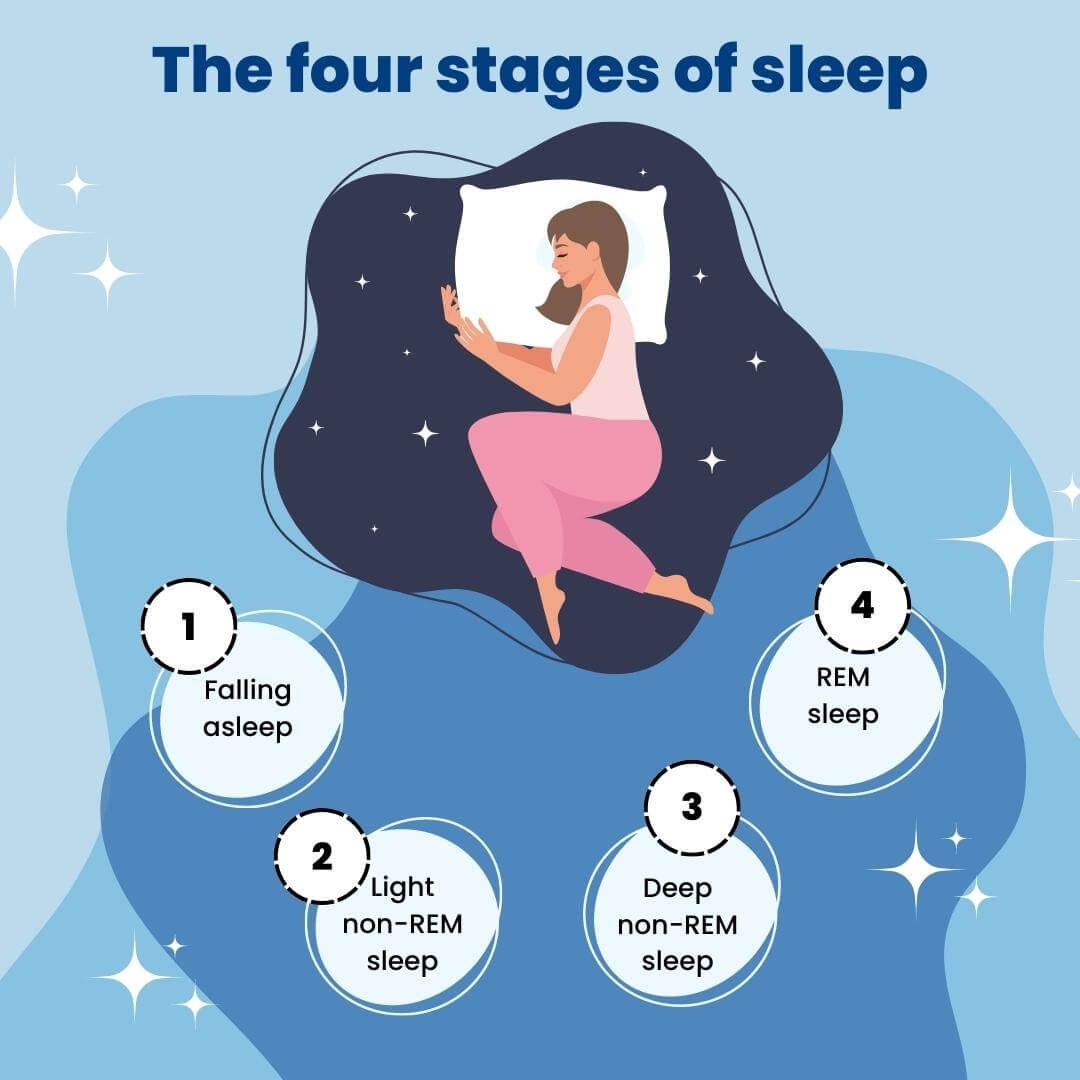Embracing The Sleep-In Lifestyle: The Benefits And How To Maximize It
Sleep in, a phrase that evokes feelings of relaxation and comfort, has become increasingly popular in our fast-paced world. As we navigate through our busy schedules, the idea of allowing ourselves to indulge in those extra hours of sleep can be incredibly appealing. This article will explore the concept of sleep in, its benefits, and practical tips on how to incorporate this lifestyle into your routine. By understanding the importance of adequate rest and the positive impacts it can have on our health and productivity, we can improve our overall well-being.
In this comprehensive guide, we will delve into the significance of sleep, the psychology behind the desire to sleep in, and how modern lifestyles often deprive us of this simple pleasure. Moreover, we will provide actionable strategies to make sleep in a regular part of your life. Whether you’re a busy professional, a student, or someone simply looking to enhance their quality of life, this article is for you.
As we journey through the ins and outs of sleep in, we will also touch on the scientific research supporting the benefits of adequate sleep and how it can positively affect various aspects of our lives. So, grab your favorite blanket, and let’s dive into the world of sleep in!
Table of Contents
- What is Sleep In?
- Benefits of Sleep In
- The Psychology of Sleeping In
- How to Maximize Your Sleep In
- Barriers to Sleeping In
- The Importance of Sleep Quality
- Sleep In and Productivity
- Conclusion
What is Sleep In?
Sleep in refers to the act of allowing oneself to sleep longer than usual, especially on weekends or days off. This practice encourages individuals to prioritize rest and recovery, particularly when their regular schedule is demanding. It is often seen as a way to recharge and rejuvenate after long weeks filled with work or other responsibilities.
Defining Sleep In
While the concept may seem simple, sleep in can signify different things for different people. For some, it may mean waking up late on a Saturday after a hectic week, while for others, it could involve deliberately adjusting sleep schedules to catch up on lost rest.
Benefits of Sleep In
Embracing the sleep-in lifestyle offers numerous benefits that extend beyond mere comfort. Here are some key advantages:
- Improved Mood: Sleeping in can enhance your mood and reduce stress levels by allowing your body to recover more fully.
- Enhanced Cognitive Function: Extra sleep can improve memory, focus, and overall cognitive performance.
- Better Physical Health: Adequate rest is linked to improved immune function and reduced risk of chronic diseases.
- Increased Productivity: Well-rested individuals tend to be more productive and efficient in their daily tasks.
The Psychology of Sleeping In
The desire to sleep in is often rooted in our psychological need for rest and recuperation. Many people experience guilt when they take time to relax, but understanding the importance of sleep can help alleviate that guilt.
Understanding Sleep Needs
According to the National Sleep Foundation, adults typically need between 7-9 hours of sleep per night. However, many individuals do not meet this requirement, leading to a buildup of sleep debt that can be remedied by sleeping in.
How to Maximize Your Sleep In
To fully enjoy the benefits of sleeping in, consider the following tips:
- Establish a Routine: Try to maintain a consistent sleep schedule on weekdays and weekends.
- Create a Comfortable Sleep Environment: Ensure your bedroom is conducive to sleep by keeping it dark, quiet, and cool.
- Avoid Stimulants: Limit caffeine and electronic device usage before bedtime to promote better sleep quality.
- Listen to Your Body: Pay attention to your body’s signals and allow yourself to sleep in when needed.
Barriers to Sleeping In
While the benefits of sleeping in are clear, several barriers may prevent individuals from enjoying this practice. Common obstacles include:
- Busy Schedules: Work commitments and family responsibilities can make it challenging to prioritize sleep.
- Social Pressures: The culture of productivity often discourages taking time for rest.
- Poor Sleep Habits: Irregular sleep patterns can disrupt the ability to sleep in.
The Importance of Sleep Quality
It’s essential to note that not all sleep is created equal. Quality of sleep plays a significant role in overall health and well-being. Factors that contribute to sleep quality include:
- Sleep Duration: Getting enough hours of sleep is crucial for quality rest.
- Sleep Cycles: Understanding and allowing your body to complete sleep cycles can lead to more restorative sleep.
- Sleep Environment: A comfortable sleeping environment is vital for achieving high-quality sleep.
Sleep In and Productivity
Research shows that adequate sleep positively impacts productivity levels. Individuals who allow themselves to sleep in often report higher energy levels and improved focus, which translates to better performance at work or school.
Conclusion
In conclusion, embracing the sleep-in lifestyle can significantly enhance your overall well-being. By understanding the benefits, overcoming barriers, and prioritizing quality sleep, you can maximize the advantages of sleeping in. Remember, taking time for yourself and allowing your body the rest it deserves is not a luxury but a necessity for a balanced life. Don't hesitate to implement these tips and make sleep in a regular part of your routine. Share your experiences in the comments below, and feel free to explore more articles about enhancing your lifestyle!
We hope this article has inspired you to prioritize your sleep. Remember, your well-being is worth it, and we look forward to seeing you back here for more insightful content!
Valentine's Stanley: A Comprehensive Guide To The Perfect Valentine's Day Celebration
Anna Nicole Smith: A Glimpse Into Her Teenage Years
Carl Radke And Lindsay Hubbard Wedding: A Celebration Of Love And Friendship


